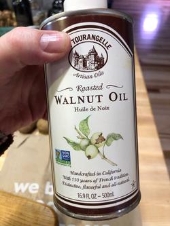
 1
1




Zone 5/6
Annual rainfall: 40 inches / 1016 mm
Kansas City area discussion going on here: https://www.facebook.com/groups/1707573296152799/
 1
1






 1
1




Zone 5/6
Annual rainfall: 40 inches / 1016 mm
Kansas City area discussion going on here: https://www.facebook.com/groups/1707573296152799/
 1
1




"You must be the change you want to see in the world." "First they ignore you, then they laugh at you, then they fight you, then you win." --Mahatma Gandhi
"Preach the Gospel always, and if necessary, use words." --Francis of Assisi.
"Family farms work when the whole family works the farm." -- Adam Klaus
 1
1




 (I even tasted the wood chips as they just smell so damn delicious.) If you have a big dog they may take to licking the saw...
(I even tasted the wood chips as they just smell so damn delicious.) If you have a big dog they may take to licking the saw...




Do you have any links to such uses? I tried search but it didn't bring up much that looked relavent.Jay C. White Cloud wrote:Natural lipids are a wonder in many ways...from addition to lime mortars and plasters of all types to making finishes...can't really live without these lipids...




 1
1




Energy Curmudgeon
Green Fret Consulting
 1
1





|
You save more money with a clothesline than dozens of light bulb purchases. Tiny ad:
Learn Permaculture through a little hard work
https://wheaton-labs.com/bootcamp
|


